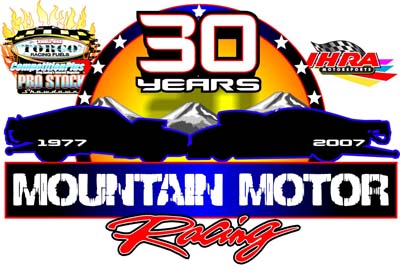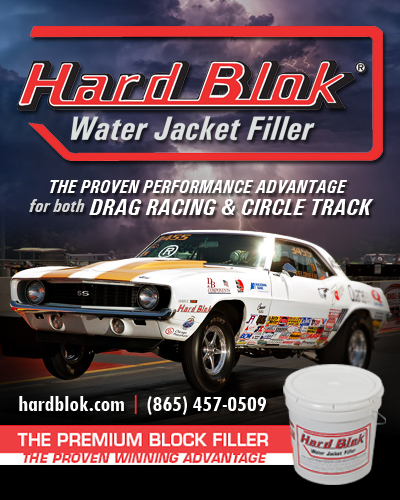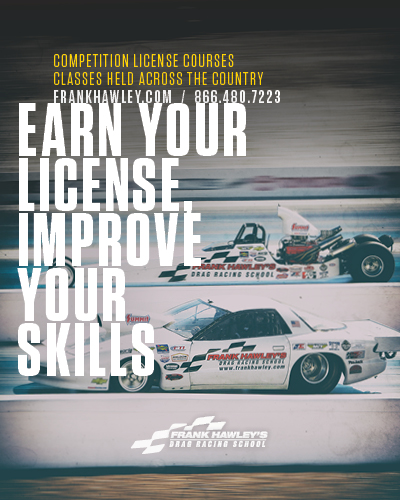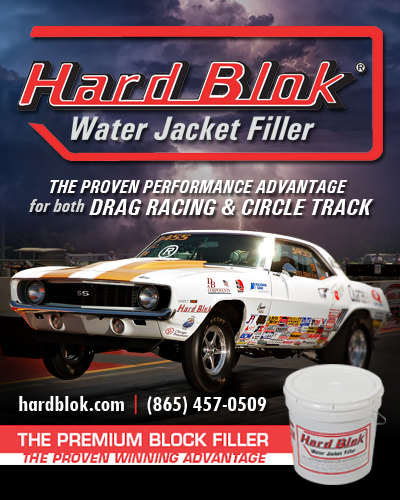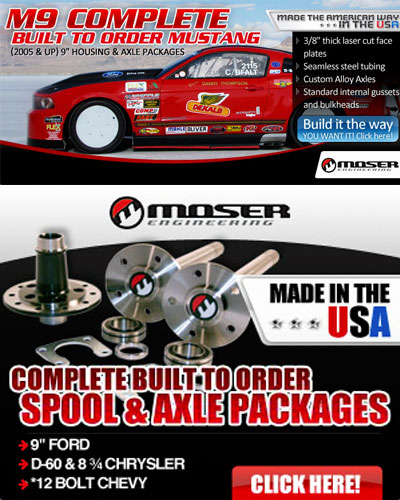FLOYD CHEEK - #14 MMPS ALL-TIME
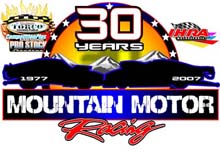
If there was a defining
moment in Floyd Cheek’s decade-long career in IHRA Pro Stock competition, it
certainly came in 1991. The milestone for the former IHRA sportsman champion
(1988 - 8.90 Quick Rod) was reached that year at
“That’s when I really
realized that we could kick some serious butt doing this,” Cheek said. “I shook
the tires on that run, but it really woke me up to doing this.”
Cheek quickly climbed the ladder of success and in his career reached 16 final rounds with eight national event victories. He won two of those events in 1997 when he won the world championship.
If there was a defining
moment in Floyd Cheek’s decade-long career in IHRA Pro Stock competition, it
certainly came in 1991. The milestone for the former IHRA sportsman champion
(1988 - 8.90 Quick Rod) was reached that year at
“That’s when I really
realized that we could kick some serious butt doing this,” Cheek said. “I shook
the tires on that run, but it really woke me up to doing this.”
Cheek quickly climbed the
ladder of success and in his career reached 16 final rounds with eight national
event victories. He won two of those events in 1997 when he won the world
championship.
“I had a blast racing
mountain motor,” Cheek said. “I wish I could afford to do it now because I’d be
doing it. I had a blast driving with Alvin Whaley and Charlie Hunt. It was a
great time for me.”
Cheek said that he and
Whaley originally went 500-inch racing on the NHRA tour during the 1990 season
but their extensive work schedules prevented their participation in many
events. He said the IHRA’s 12-race schedule at the time worked perfectly.
Cheek said the transition
from NHRA “also-ran” to IHRA front-runner didn’t come as a total surprise.
“I always felt like we
could have been competitive,” Cheek said. “I had always felt that if I had the
right equipment that I would have been competitive. When I raced on my own in
sportsman, I won my share of events. I had no doubt I could win – I knew I
needed the equipment to do it with.
“As a driver, I always
felt confident in my driving abilities.”
